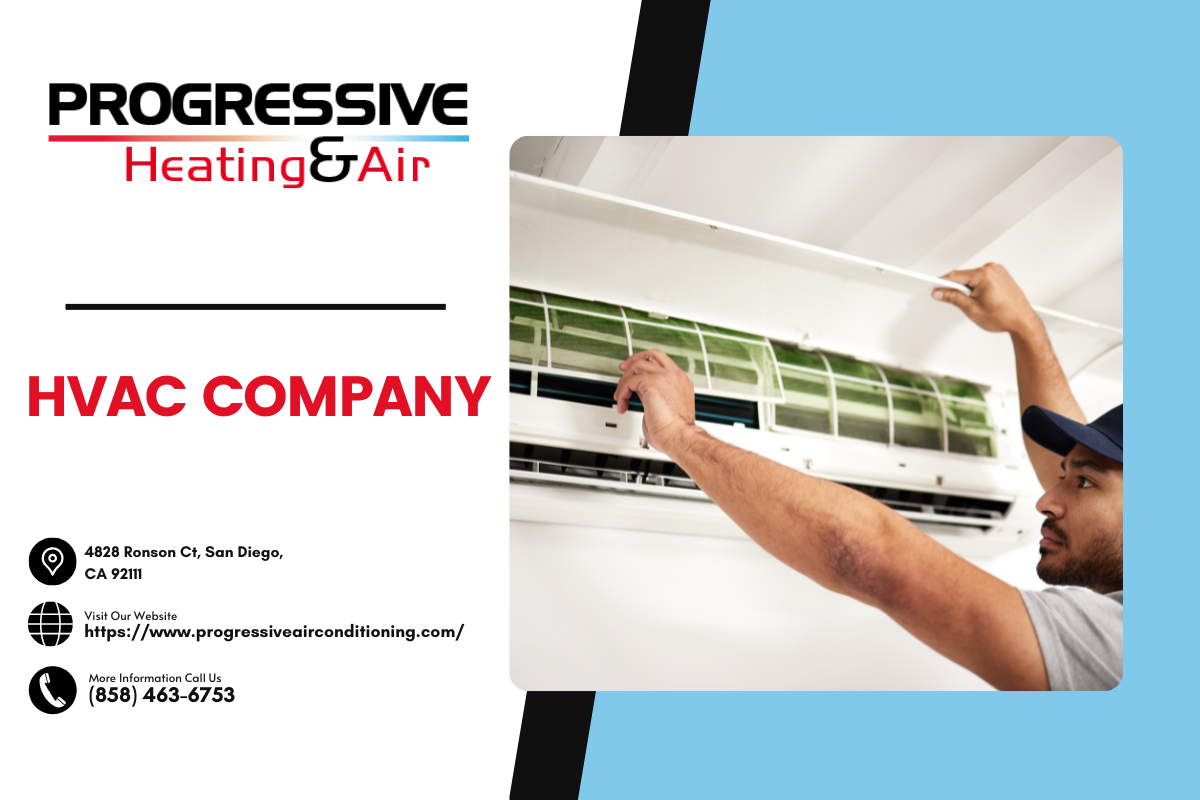
Introduction
Heating, Ventilation, and Air Conditioning (HVAC) systems play a critical role in maintaining comfort in residential and commercial environments. They regulate temperature, humidity, and air quality, making them indispensable to modern life. But what exactly do these complex systems entail? In this comprehensive guide, we'll dive deep into the intricate world of HVAC systems. We aim to arm you with the knowledge necessary to make informed decisions about your heating and cooling needs. From understanding the components of HVAC systems to finding a trusted HVAC contractor near you, we cover it all.
Understanding HVAC Systems: A Guide from Experts
What Are HVAC Systems?
HVAC systems are integrated networks designed to control the heating, ventilation, and air conditioning of indoor spaces. They consist of various components that work together to provide thermal comfort and ensure healthy indoor air quality. Commonly found in homes and commercial buildings, these systems can be highly diverse, ranging from simple window air conditioners to complex multi-zone setups.
The Importance of HVAC Services
The significance of reliable HVAC services cannot be overstated. Proper installation and maintenance ensure that your system operates efficiently. Regular check-ups help identify potential issues before they escalate into costly repairs or replacements.
Components of an HVAC System
1. Heating Unit
The heating component can vary based on your needs. Options include:
- Furnaces: These use gas, oil, or electricity for heat. Heat Pumps: Ideal for moderate climates; they can heat and cool. Boilers: Use water or steam for heating.
2. Ventilation System
Proper ventilation is crucial for healthful living environments. It involves:
- Natural Ventilation: Utilizing openings like windows. Mechanical Ventilation: Using fans to circulate air.
3. Air Conditioning Unit
Air conditioning units are essential for cooling spaces during warmer months. Types include:
- Central AC Systems Ductless Mini-Split Systems
How Does an HVAC System Work?
HVAC systems operate using a combination of physics and engineering principles to transfer heat energy efficiently.
Heat Transfer: The basic principle involves moving heat from one location to another. Refrigeration Cycle: In cooling systems, refrigerants absorb heat indoors and release it outside.This cycle continues until the desired indoor temperature is reached.
Choosing the Right HVAC Company Near You
When you need professional help, finding a licensed HVAC company is vital. Here’s how you can choose wisely:
1. Check Credentials
Always opt for licensed contractors who meet local regulations.
2. Read Reviews
Customer experiences can provide insights into service quality.
3. Get Estimates
Request multiple estimates to understand pricing better.
What Makes Trusted HVAC Contractors Different?
Trusted contractors stand out due to their professionalism, expertise, and commitment to customer satisfaction:
- They offer warranties on their work. They invest in ongoing training for their technicians.
Common Issues with HVAC Systems
Even the best systems face challenges over time:
1. Poor Airflow
Caused by dirty filters or blocked vents; it affects efficiency.
https://zenwriting.net/maevynptui/why-choosing-a-licensed-hvac-company-matters2. Thermostat Malfunctions
If your thermostat isn’t functioning correctly, your system won't heat or cool as intended.
FAQs About HVAC Systems
Q: How often should I have my HVAC system serviced?
A: Ideally, once a year for heating and cooling components respectively ensures optimal performance.
Q: What size unit do I need for my home?
A: The size depends on several factors including square footage; consult a licensed contractor for accurate calculations.
Q: Is it worth investing in regular maintenance?
A: Absolutely! It prolongs system life and improves energy efficiency.
Q: How can I improve my home's energy efficiency?
A: Regular maintenance, upgrading insulation, and installing programmable thermostats are effective strategies.
Q: Why is my AC not cooling properly?
A: Possible reasons include low refrigerant levels or dirty coils; troubleshooting should begin with checking these factors first.
Q: What are SEER ratings?
A: Seasonal Energy Efficiency Ratio (SEER) measures cooling efficiency; higher ratings indicate better efficiency.
The Benefits of Regular Maintenance for Your HVAC System
Regular maintenance offers numerous advantages that extend beyond mere comfort:
Increased Efficiency Extended Lifespan Improved Indoor Air Quality Reduced Utility BillsEnergy Efficiency Ratings Explained
Understanding energy efficiency ratings helps consumers make informed choices when selecting new units:
- SEER (Seasonal Energy Efficiency Ratio): Measures cooling efficiency. AFUE (Annual Fuel Utilization Efficiency): Indicates heating system efficiency.
These ratings can significantly influence long-term operating costs.
Innovations in HVAC Technology
Recent advancements have revolutionized how we think about heating and cooling our spaces:
Smart Thermostats Variable-Speed Compressors Ductless SystemsThese innovations not only enhance comfort but also lead to substantial energy savings over time.
Conclusion
In conclusion, understanding HVAC systems is crucial for maintaining comfortable living or working conditions while ensuring energy efficiency and cost-effectiveness over time. From knowing what components comprise an efficient system to selecting a trusted contractor near you—every piece matters in achieving optimal indoor climate control.
By following our expert guidelines outlined in "Understanding HVAC Systems: A Guide from Experts," you're well on your way toward making informed decisions about your heating and cooling needs—leading to enhanced comfort and lower utility bills!
As you embark on this journey of understanding your own HVAV needs further, remember that partnering with experienced professionals—like licensed hvac companies—can make all the difference in achieving lasting comfort at home or work!